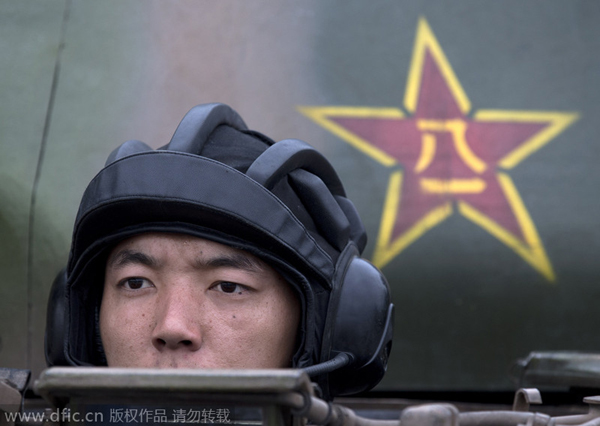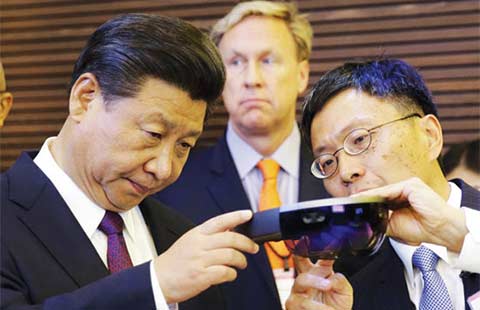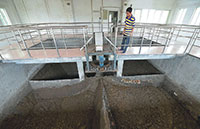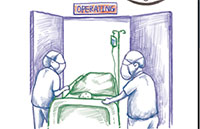Military launches drive to root out corruption in construction projects
(chinadaily.com.cn/Agencies) Updated: 2015-06-16 09:21
 |
|
A Chinese People's Liberation Army cadet sits in a Main Battle Tank during a drill at the PLA's Armoured Forces Engineering Academy Base, in the outskirt of Beijing, July 22, 2014. [Photo/IC] |
Chinese military has begun a six-month probe into buildings erected without permission that exceed specifications or are illegally rented out, as part of a broader drive against corruption, army's official newspaper said on Monday.
The campaign, which will be carried out from June 2015 to January 2016, will cover illegal issues in the sector and problems in military construction projects as well as property management, the People's Liberation Army Daily reported.
Any single construction project that exceeds specifications will be investigated, it said.
Schedules and roadmap will be established to root out the "big problems left over from the past", the report said. Organizations or individuals trying to disturb or impede the action will be exposed and held accountable.
Chinese President Xi Jinping launched an unprecedented anti-corruption fight targeting Party, government, military and state-owned enterprises, soon after he came to power in late 2012.
In the two years of the campaign, the anti-graft watchdog has ousted corrupt officials all the way from low-level "flies" to high-ranking "military tigers" including Xu Caihou, who was a deputy chairman of the Central Military Commission. Xu died of cancer in March.
The military earlier this year ordered barracks to be built as simply and economically as possible, without using ostentatious or imported building materials.
China intensified its crackdown on corruption in the military in the late 1990s, banning the People's Liberation Army from engaging in business.
But the military has been involved in commercial dealings in recent years due to a lack of checks, military analysts said.
- China urges US to reduce military activities in S. China Sea
- US considering more military bases in Iraq
- Xi's remarks on educating military staff published
- PLA drill to safeguard China's interests
- Inspectors scrutinize local units' finances
- China castigates Abe over latest military comments
- China justifies defensive military strategy
- Military paper conveys defensive commitment
- Paper shows transparency of military
- China has no overseas military bases: Spokesperson
- Full text: China's Military Strategy
- China issues first white paper on military strategy
- Hundreds of fugitives are brought back since April
- New steps will simplify driving training and tests
- Capital opens door to hukou applicants
- Nobel Prize 'to spur TCM development'
- Beijing lifts red alert but smog will be back in two days
- Psychiatrist links smog, depression
- Weather a bonanza for taxi services
- Lawyer: Top court OKs death sentence in poisoning case
- Power for ministries to be clarified
- Red alert helps to reduce pollutants, say experts







